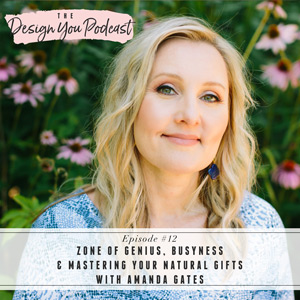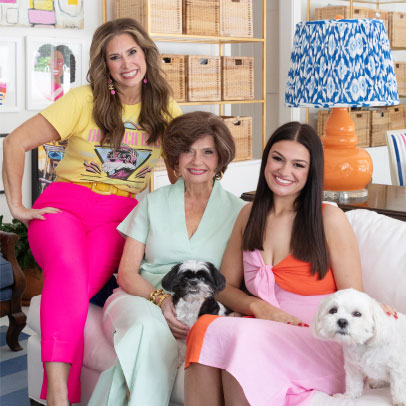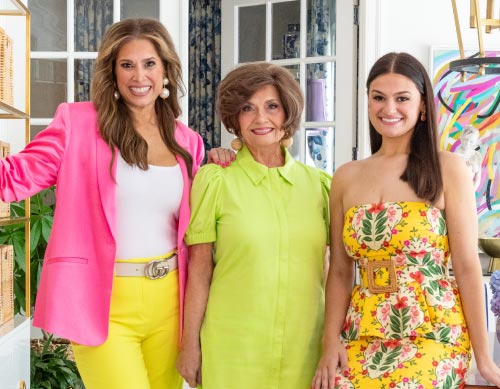
My friends, I can’t believe I’m bringing you my second interview on the podcast! On the show this week, I have my friend and interior designer/feng shui expert, Amanda Gates! Amanda hosts the popular Home Energy Design Podcast, and she is the perfect example of somebody who is embodying authenticity and embracing her craft!
We discussed everything from honing the zone of genius to how to deal with rejection, and why you should niche. Amanda shares some really valuable nuggets of information that truly blew my mind, and I can’t wait for y’all to hear it!
Along with some of the topics I’ve covered on the podcast in previous weeks, Amanda brings her insights based on her experience that will help you to operate as your highest self, professionally and in your personal life! Her unique profession has enabled her to provide some genuinely inspiring takeaways, so be ready to listen multiple times! I know I will!












